Changes for page 3.3 Control
Last modified by Admin on 2025/12/11 10:32
Summary
-
Page properties (1 modified, 0 added, 0 removed)
Details
- Page properties
-
- Content
-
... ... @@ -431,27 +431,27 @@ 431 431 * On charger connected – charging is allowed when there is a signal “Charger connected”; 432 432 * On charge request – charging is allowed when there is a signal “Charge request”. 433 433 434 -If the "**Always on**" algorithm is selected, the charging contactor and the allow chargingcontactor are always closed. If at least one of the errors from the "Errors 1, 2 ..." bitfieldsappears or one of the signals:434 +If the "**Always on**" algorithm is selected, the charging contactor is always closed. If at least one of the errors from the "Errors 1, 2 ..." bitfield appears or one of the signals: 435 435 436 436 * Service reset; 437 437 * Power down request; 438 438 * Inhibit charging, 439 439 440 - bothcontactorsare open (no current flows).440 +contactor are open (no current flows). 441 441 442 442 When the algorithm "**On charger connected**" is selected, the control is performed as follows: 443 443 444 -* If there is a signal “Charger connected” and there are no errors (see the "Errors1, 2 ..."bitfields), then through the delay time T,,on,, the charging contactor and the allow charging contactor close;444 +* If there is a signal “Charger connected” and there are no errors (see the list above), then through the delay time T,,on,, the charging contactor and the allow charging contactor close; 445 445 * If the signal “Charger connected” disappears, the allow charging contactor opens and after the delay time T,,off,, the charging contactor opens; 446 446 * If in the process of charging the voltage on the cell exceeds the “Ready to charge” level, the allow charging contactor opens (while the charging contactor remains closed); 447 -* If errors fromthe"Errors1, 2 ..."bitfieldsoccur the charging contactor and allow charging contactor open.447 +* If errors in the list above occur the charging contactor and allow charging contactor open. 448 448 449 449 When the "**On charge request**" algorithm selected, the control is performed as follows: 450 450 451 -* If there is a signal “Charge request” and there are no errors (see the "Errors1, 2 ..."bitfields), then through the delay time T,,on,, the charging contactor and the allow charging contactor close;451 +* If there is a signal “Charge request” and there are no errors (see the list above), then through the delay time T,,on,, the charging contactor and the allow charging contactor close; 452 452 * If the signal “Charge request” disappears, the allow charging contactor opens and after the delay time T,,off,, the charging contactor opens; 453 453 * If in the process of charging the voltage on the cell exceeds the “Ready to charge” level, the allow charging contactor opens (while the charging contactor remains closed); 454 -* If errors fromthe"Errors1, 2 ..."bitfieldsoccur the charging contactor and allow charging contactor open.454 +* If errors in the list above occur the charging contactor and allow charging contactor open. 455 455 456 456 (% class="box infomessage" %) 457 457 ((( ... ... @@ -488,8 +488,26 @@ 488 488 * On charger disconnected – load is connected when there is no signal “Charger connected”; 489 489 * On discharge request – load is connected when there is signal “Discharge request”. 490 490 491 -When the algorithm "**Always on**" is selected, the discharging contactor is always closed. If at least one of the errors fromthe "Errors 1, 2 ..." bitfieldsappearsor one of the signals:491 +When the algorithm "**Always on**" is selected, the discharging contactor is always closed. If at least one of the errors appears: 492 492 493 +* Undervoltage; 494 +* Overvoltage (optional); 495 +* Overcurrent; 496 +* High temperature (DCH); 497 +* Low temperature (DCH) (optional); 498 +* HYG offline (optional); 499 +* Combilift offline (optional); 500 +* Spirit offline (optional); 501 +* Spirit charger error (optional); 502 +* Short circuit (optional); 503 +* High contactor temperature (optional); 504 +* Unallowable charging; 505 +* DCH contactor cycles error; 506 +* Precharge error (optional); 507 +* Critical error 508 + 509 +or one of the signals: 510 + 493 493 * Service reset 494 494 * Power down request 495 495 * Inhibit discharging ... ... @@ -498,13 +498,13 @@ 498 498 499 499 If the algorithm "**On charger disconnected**" is selected, the control is performed as follows: 500 500 501 -* if there is no signal “Charger connected”, the charging contactor is open and there are no errors (see the "Errors1, 2 ..."bitfields), then through the delay time T,,on,, the discharging contactor closes;502 -* If the signal “Charger connected” appears or errors occur (see the "Errors1, 2 ..."bitfields), then after the delay time T,,off,, the discharging contactor opens.519 +* if there is no signal “Charger connected”, the charging contactor is open and there are no errors (see the list above), then through the delay time T,,on,, the discharging contactor closes; 520 +* If the signal “Charger connected” appears or errors occur (see the list above), then after the delay time T,,off,, the discharging contactor opens. 503 503 504 504 When the "**On discharge request**" algorithm selected, the control is performed as follows: 505 505 506 506 * if there is signal “Discharge request”, the charging contactor is open and there are no errors (see the list above), then through the delay time T,,on,, the discharging contactor closes; 507 -* If the signal “Discharge request” disappears or errors occur (see the "Errors1, 2 ..."bitfields), then after the delay time T,,off,, the discharging contactor opens.525 +* If the signal “Discharge request” disappears or errors occur (see the list above), then after the delay time T,,off,, the discharging contactor opens. 508 508 509 509 (% class="box infomessage" %) 510 510 (((
